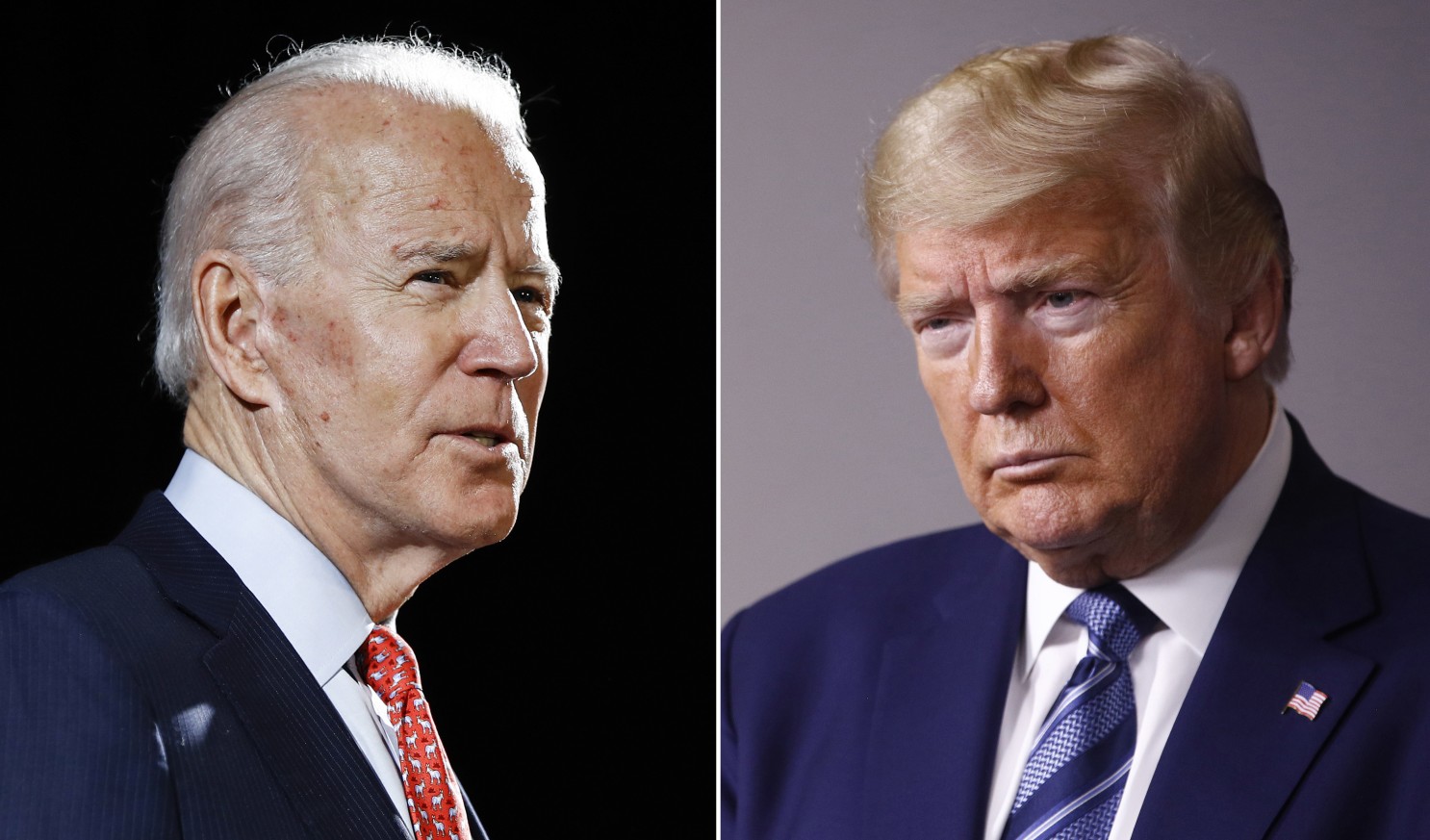It is easy to look at this election as the next disaster in the long line of disasters this year has brought with it. However, Americans have a chance to use this as a starting point for lasting change that could benefit everyone.
Voting is a very common conversation right now, as it should be. To say America is in a period of unrest would be an understatement. In the middle of a massive civil rights movement and a global pandemic, the 2020 presidential election is still approaching quickly.
I don’t think I am alone when I say that the two-party system is failing. The admittedly problematic Founding Fathers knew that parties, or factions, could effectively tear the country apart just as quickly as any war. Looking at the way things are, they were correct. When I go on social media, it seems that half of the posts are about how each candidate is Satan incarnate and how a vote for them is a vote for the downfall of humankind.
Division is everywhere.
So, is there a solution? Not everyone would say yes, but, when looking at voting options, there are technically more than just the two dominant parties. Is a third-party vote a waste? I would argue that no vote is a wasted vote.
Other than the presidency, there are many positions in government that are held by independent-affiliated candidates. Though it is not common, it is reality. Bernie Sanders, though he ran in the Democratic primaries, is a registered independent in the U.S. Senate. Another member of the U.S. Senate, Angus King, is also not affiliated with the Democratic or Republican parties.
I do understand, however, that a vote for a third-party president is a vote in a battle for third place … for now. Call me an idealist, but I believe that if enough people were to finally break away from the clutches of a two-party system, there could finally be an option for voters that is more than the lesser of two evils.
I have heard the quote, “But a vote for a third party is just a vote for (insert candidate’s name here),” too many times to count. According to Christopher Devine, assistant professor of political science at the University of Dayton, however, that is not true. In a USA Today interview, Devine said, “The idea that categorically minority parties draw from Democratic voters is just absurd.”
In the same article, Barry Burden, a political science professor at the University of Wisconsin, agreed. “Every minor party or independent candidate who has run in modern history has taken some votes from (both parties),” he said.
What does this mean for the future of voting? I wish I could say that this means enough eligible voters in the country would make the decision to vote for a third party and topple the two-party system, but that is not realistic.
The last president not to be a member of either the Republican or Democratic parties was Millard Fillmore, who was a member of the Whig party. That was 170 years ago.
What I hope people take out of this election and the consequential uproar about how bad the outcome will be in the long run, is that there is technically a way to not vote for either of the two main candidates running for president. That will of course take some convincing, which I fear will not happen soon.
Instead of just voting against a candidate we think would be a terrible president, we should vote for a president we would actually like to see in the Oval Office. I am tired of hearing the phrase “Vote your conscience,” then being told a vote for my conscience is a wasted vote. Trust me, I get it. It is much easier to vote for the not-as-terrible politician that has a chance of winning than it is a decent politician who has no chance.
My hope is that one day soon, that decent candidate will have a chance. I long for a time in this country that I no longer have to choose the lesser of two evils.
Until then, all I ask is that you vote. According to the United States Elections Project, roughly 46% of eligible Americans didn’t vote in 2016. That is 106,228,684 people. To put it into perspective, that number is approximately 35 million more than either candidate received.
Register and vote — it is crucial to the future of America.







